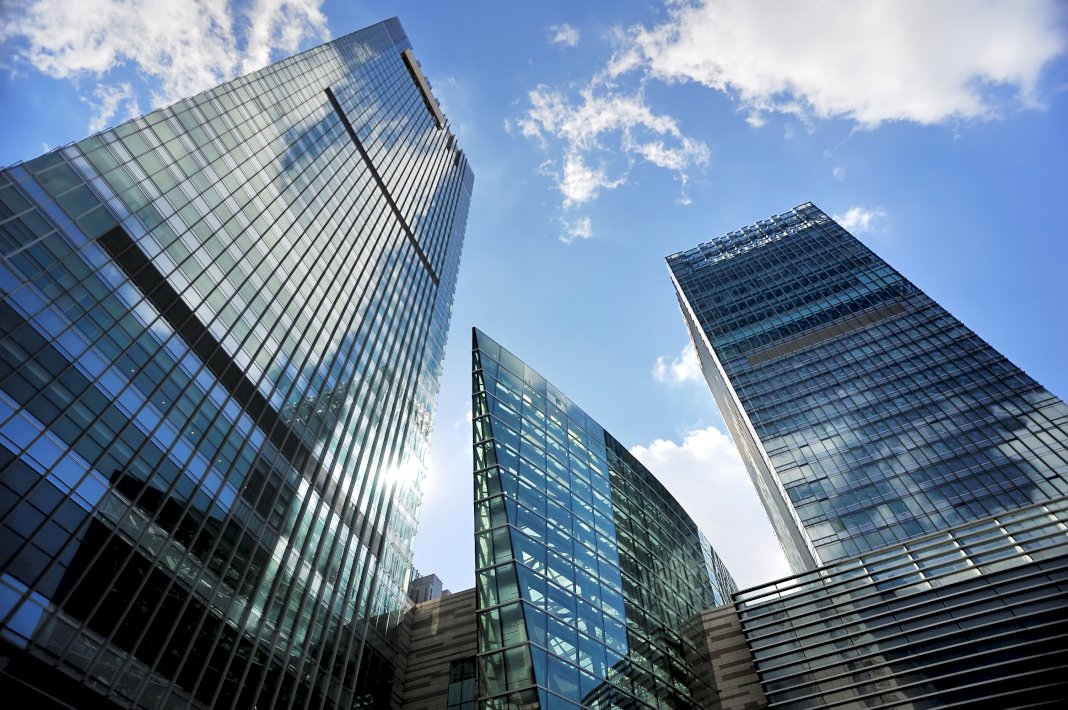- Infrastructure damage in commercial properties can significantly disrupt productivity, leading to substantial revenue losses.
- Neglecting maintenance can result in costly repairs, reducing operational profits and potentially decreasing property value.
- Infrastructure damage can lead to legal repercussions, further affecting a business’s financial health.
- Poor infrastructure negatively impacts long-term profitability and potentially hinders business growth and success.
- Regular inspections, timely repairs, and investment in quality infrastructure are key to minimizing infrastructure damage effects.
As a business owner or entrepreneur, you know that one of the most critical aspects of running a successful enterprise is keeping operational costs as low as possible while maximizing profitability. However, have you ever considered how infrastructure damage impacts your bottom line? Issues such as aging pipes, poor electrical systems, and water leaks could affect your business in several ways, from lost productivity to pricey repairs. Here’s what you need to know about offices in the country, how infastructure damage can affect your business, and how to deal with it.

Offices in The U.S.
It’s estimated that there are nearly six million commercial buildings in the United States alone, with over 87 billion square feet of space. These offices house a variety of businesses, from small startups to large corporations. The location of your office can significantly impact your business’s success, as it affects everything from your customer base to your employees’ commute time. Therefore, it’s essential to consider the infrastructure of a potential office location before making any long-term commitments.
Effects of Infrastructure Damage on Your Business
Infrastructure damage can ripple effect on your business operations and ultimately impact your bottom line. Here are some ways your business is affected by infastructure damage:
1. Disruptions to Productivity
Infrastructure damage can negatively affect output and productivity, leading to lost revenue and profits. For instance, if your commercial property’s electrical system is faulty, your employees may be unable to work optimally, leading to delays and missed deadlines.
Similarly, if your building experiences frequent water leaks, you may need to close sections of the building, preventing access by employees or customers and leading to a disruption in your workflow. Lost productivity due to infrastructure damage can have a cascading effect on various business processes, leading to lower cash flow overall. Due to these disruptions, businesses are estimated to lose about $700 billion annually.
2. Increased Repair Costs
Infrastructure damage can also cause significant repair costs for your business. If you own a commercial property, you must maintain it to ensure it’s functional and safe. Failure to maintain the building’s infrastructure adequately can lead to frequent repairs that add up over time. For instance, if your building has poor plumbing systems, it may lead to water damage or mold growth, which can be costly. Similarly, if your property has an aging roof, it can lead to leaks that can damage ceilings, walls, and electrical appliances, such as computers or printers.
3. Possible Fines or Legal Actions
In some instances, infrastructure damage in your business can lead to fines or legal actions. For instance, if a leak at your business causes water damage to your neighbor’s property, you may be held liable. This could result in several legal actions that could substantially impact your bottom line, from expensive court costs to settlement payouts.
4. Reduced Property Value
Infrastructure damage may also cause reduced property values. Consider a commercial property up for sale that has constant electrical outages, poor plumbing, or a worn roof. The roads in your parking lot can also contribute to this. You can patch repair in road to deal with this problem, and it’s also a cost-effective measure. This can significantly reduce the building’s value and make it challenging to sell or lease out, affecting your business’s overall worth.
5. Long Term Profitability
Infrastructure damage can significantly affect long-term profitability. As an entrepreneur or business owner, looking at your decisions from a long-term perspective is essential. Building your business and ensuring longevity requires a careful balance of prioritizing immediate costs versus long-term costs. Ignoring infrastructure damage today can mean that you are sacrificing long-term profitability. Your business’ physical structure ultimately impacts your customers’ feelings of safety and security, the ease of doing business, and the overall impression of your company to investors.
Preventive Measures for Infrastructure Damage
So, what can you do to deal with infrastructure damage and prevent it from negatively impacting your business? Here are a few tips:
- Conduct regular inspections of your commercial property’s infrastructure. This includes checking electrical systems, plumbing, and the roof.
- Address any issues immediately. Don’t wait for a small problem to escalate and cause more significant damage.
- Invest in quality infrastructure from the start. This may involve hiring reputable contractors and using high-quality materials to build or renovate your commercial property.
- Have a contingency plan in place. In the event of any infrastructure damage, have a plan to minimize disruptions and keep your business running smoothly.
By being proactive and taking preventive measures, you can protect your business from the negative impacts of infrastructure damage. Remember, keeping your building’s infrastructure in top shape not only ensures the safety and functionality of your workplace but also contributes to your overall profitability. So make it a priority to address any issues as soon as they arise and invest in quality infrastructure for long-term success.


